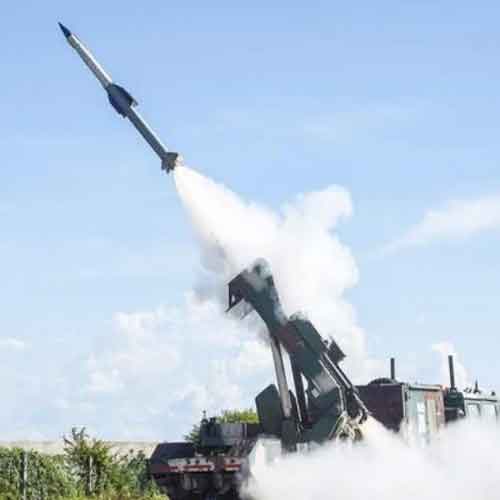Breaking News

According to an initial police investigation, the attack was carried out by a foreign hacker group allegedly supported by Taiwan’s ruling party.
China Blames Taiwan’s Ruling Party for Cyberattack on Tech Firm, Escalating Cross-Strait Tensions
In a development that further intensifies geopolitical conflict in East Asia, Chinese authorities have accused Taiwan’s ruling Democratic Progressive Party (DPP) of orchestrating a cyberattack on a technology company based in Guangzhou. The allegation, stemming from a preliminary police investigation, claims that a foreign hacker group—allegedly backed by the DPP—was behind the hacking incident, though Chinese officials did not disclose specific technical details or name the targeted firm.
The accusation comes at a time of heightened political tension between Beijing and Taipei, underscoring the fragile state of China-Taiwan relations. By linking the cyberattack to Taiwan’s government, China appears to be leveraging the incident to intensify its criticism of the DPP, which it frequently portrays as a separatist force seeking full independence for Taiwan.
While Taiwan has yet to officially respond to the allegations, past interactions suggest that Taipei will likely reject the claims as part of a broader disinformation campaign aimed at undermining its international credibility. This incident adds a cyber espionage dimension to the already strained cross-strait relations, where diplomatic, military, and economic tensions have been steadily rising—especially since the election of the DPP-led administration.
The timing of the accusation is also significant, coinciding with increasing global scrutiny of cybersecurity threats from state and non-state actors alike. Analysts suggest the move may be part of China’s strategy to frame Taiwan as a disruptive player in global tech and political spheres, thereby shaping international perception ahead of potential escalations in the region.
As the digital and physical worlds become more deeply intertwined in modern geopolitics, cyberattacks are increasingly used as tools of political warfare, further complicating efforts to maintain peace and stability across the Taiwan Strait.
In a development that further intensifies geopolitical conflict in East Asia, Chinese authorities have accused Taiwan’s ruling Democratic Progressive Party (DPP) of orchestrating a cyberattack on a technology company based in Guangzhou. The allegation, stemming from a preliminary police investigation, claims that a foreign hacker group—allegedly backed by the DPP—was behind the hacking incident, though Chinese officials did not disclose specific technical details or name the targeted firm.
The accusation comes at a time of heightened political tension between Beijing and Taipei, underscoring the fragile state of China-Taiwan relations. By linking the cyberattack to Taiwan’s government, China appears to be leveraging the incident to intensify its criticism of the DPP, which it frequently portrays as a separatist force seeking full independence for Taiwan.
While Taiwan has yet to officially respond to the allegations, past interactions suggest that Taipei will likely reject the claims as part of a broader disinformation campaign aimed at undermining its international credibility. This incident adds a cyber espionage dimension to the already strained cross-strait relations, where diplomatic, military, and economic tensions have been steadily rising—especially since the election of the DPP-led administration.
The timing of the accusation is also significant, coinciding with increasing global scrutiny of cybersecurity threats from state and non-state actors alike. Analysts suggest the move may be part of China’s strategy to frame Taiwan as a disruptive player in global tech and political spheres, thereby shaping international perception ahead of potential escalations in the region.
As the digital and physical worlds become more deeply intertwined in modern geopolitics, cyberattacks are increasingly used as tools of political warfare, further complicating efforts to maintain peace and stability across the Taiwan Strait.
See What’s Next in Tech With the Fast Forward Newsletter
Tweets From @varindiamag
Nothing to see here - yet
When they Tweet, their Tweets will show up here.




























